There were apparently a lot of secret, backroom deals going on with those in Trump’s close circle of supporters.
Buzzfeed News is reporting about a recently discovered secret meeting between Michael Flynn, Jared Kushner, Steve Bannon, and the king of Jordan several weeks before Trump’s inauguration.
Flynn, who was about to be named the national security adviser, set up the meeting in order to work a secret, for-profit, multibillion dollar deal for building nuclear reactors in Jordan and other Middle Eastern nations.
From Buzzfeed:
The meeting — details of which have never been reported — is the latest in a series of secret, high-stakes contacts between Trump advisers and foreign governments that have raised concerns about how, in particular, Flynn and senior adviser Jared Kushner handled their personal business interests as they entered key positions of power. And the nuclear project raised additional security concerns about expanding nuclear technology in a tinderbox region of the world. One expert compared it to providing “a nuclear weapons starter kit.”
On the morning of Jan. 5, Flynn, Kushner, and former chief strategist Steve Bannon greeted King Abdullah II at the Four Seasons hotel in lower Manhattan, then took off in a fleet of SUVs and a sedan to a different location.
People close to the three Trump advisers say that the nuclear deal was not discussed. But a federal official with access to a document created by a law enforcement agency about the meeting said that the nuclear proposal, known as the Marshall Plan, was one of the topics the group talked about.
Flynn continued to push for the deal, even after reporting on his disclosure forms that he’d stopped working on the deal in December 2016.
In other words – he lied. Again.
The plan, for which Flynn was reportedly paid as a consultant, initially envisioned that the reactors would be built by US companies and security would be provided by the Russian state-owned firm Rosoboron, an arms exporter currently facing US sanctions. As the plan evolved, Russian involvement reportedly lessened, and it is not known whether Russia or its companies featured in the meeting with the Jordanian king. This week, Democratic members of the House Oversight Committee said they would turn over documents about the nuclear plan to Special Counsel Robert Mueller, contending that Flynn may have violated federal law by not disclosing foreign trips and meetings.
The meeting with King Abdullah II was one of those “Oops. I forgot” meetings left off of Kushner’s initial disclosure forms. Kushner has attempted to explain that part away by saying an assistant inadvertently sent the forms before they were finished.
Since he’s had to amend the paperwork multiple times, I’m going to suggest he keep unfinished paperwork close by, or at least leave a Post-It note on them saying: Not finished. Do not send.
Flynn applied for a new security clearance in January 2016, and lawmakers said he failed to note “even a single foreign government official he had contact with in the seven years prior to submitting his security clearance application.” It is not known what foreign contacts Bannon noted on his clearance forms because the White House has not released them.
That might be why Flynn didn’t even last a month before he was forced out. He’s a liar. And a liability.
He may not be the only one.
Three individuals — one close to Flynn, a second close to Kushner, and a third close to Bannon — denied that the nuclear deal came up in the meeting with the Jordanian king. But the source familiar with the law enforcement document said participants talked about Israeli-Palestinian relations, intelligence sharing between America and Jordan on Syria, ISIS — and the nuclear proposal.
The nuclear project may have been the most controversial subject. Newsweek first reported that Flynn tried to broker the deal, which promised “up to $200 billion in U.S. nuclear export opportunities” and “a new expanded security relationship.” Politico reported that he was paid at least $25,000 by one of the American companies involved in the project, the now-defunct X-Co Dynamics/Iron Bridge Group. Representatives of that company did not respond to messages requesting comment.
Besides Jordan, nuclear plants were to be built in Saudi Arabia and three other nations. Emails about the deal said the project would be led by “two superpowers.”
Because we want nuclear materials in the hands of various Middle Eastern nations. Great idea.
“Any proposal to introduce dozens of nuclear reactors to the Middle East, particularly Saudi Arabia, raises many proliferation red flags,” said Daryl Kimball, executive director of the nonpartisan Arms Control Association. “The Saudis do not need nuclear power and them gaining access could lead to dangerous consequences down the road.”
“The reason there is concern is that nuclear energy capacity is like giving a country a nuclear weapons starter kit,” said Alexandra Bell, senior policy director at the nonprofit Center for Arms Control and Non-Proliferation.
The deal would have joined the United States and Russia in building 40 nuclear plants in the region, but plans eventually fell through.
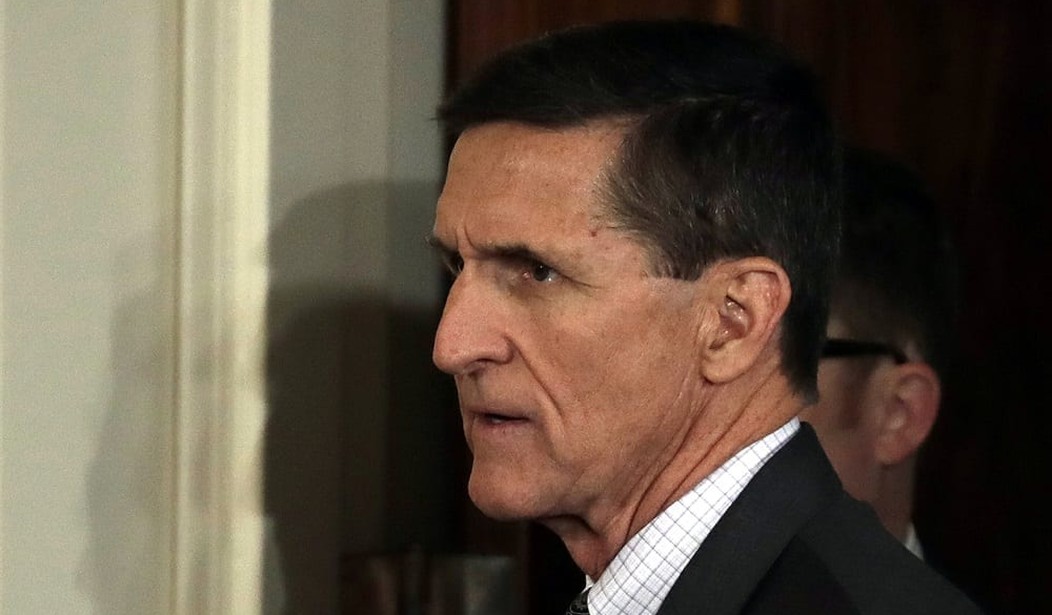





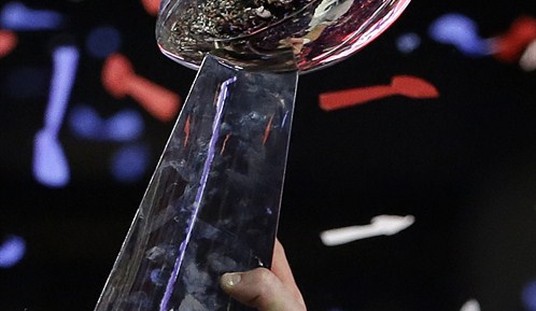
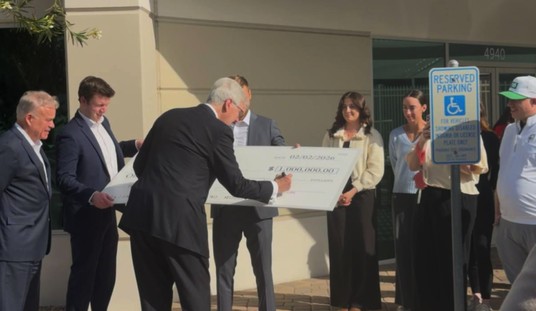


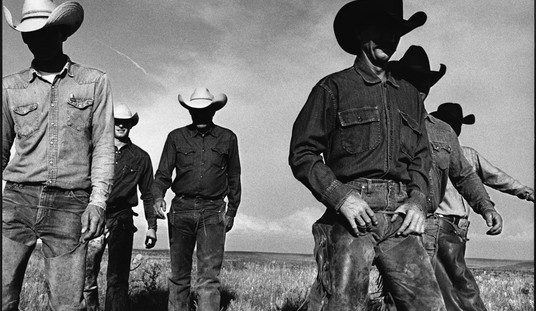
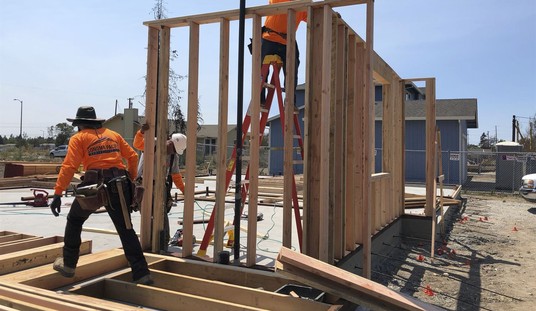

Join the conversation as a VIP Member